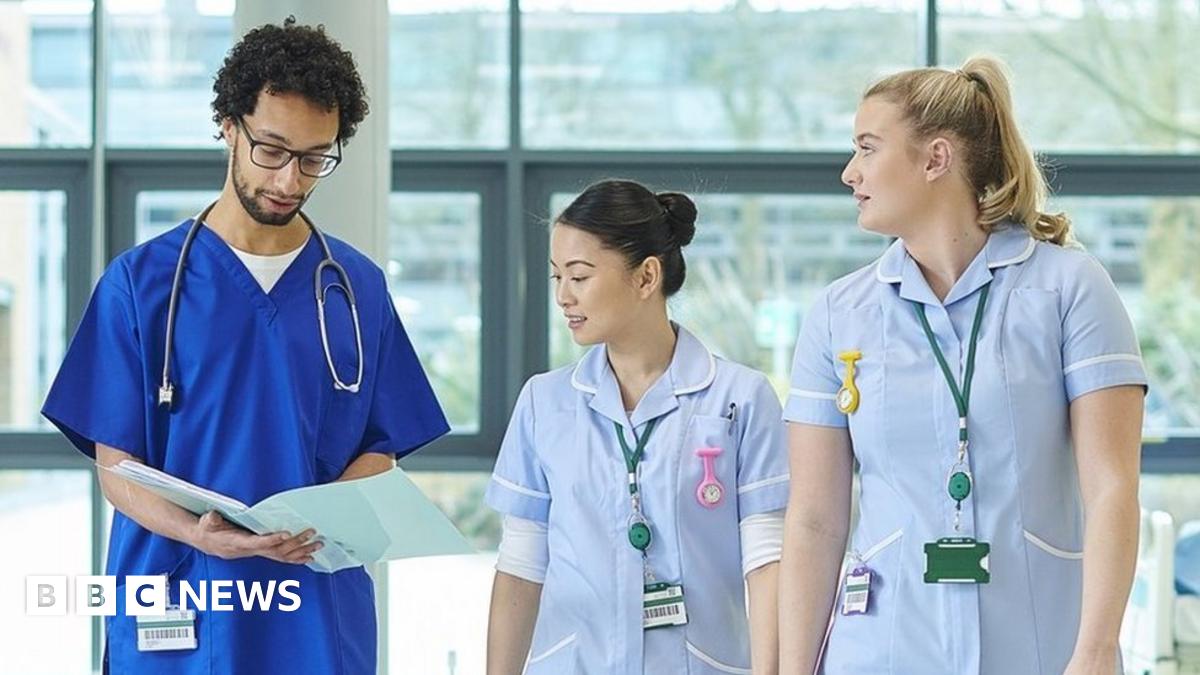A damning verdict on a local, large hospital trust who were already the subject of horrendous lack of care charges.
Shrewsbury and Telford NHS Trust admits failures after two patients die
A hospital trust has been fined more than £1.3m after admitting failures in care that contributed to the deaths of two patients.
One of the charges related to the death of patient Mohammed Ismael Zaman in 2019 at the Royal Shrewsbury Hospital.
The 31-year-old died of severe blood loss while undergoing dialysis, Telford Magistrates' Court heard.
Max Dingle, in his 80s, died after his head became trapped between a mattress and bed rail during hospital treatment.
Shrewsbury and Telford Hospital NHS Trust (SaTH) admitted three counts of failing to provide treatment and care in a safe way, resulting in harm or loss, between October 2019 and May 2020.
Charges were brought against the trust by the Care Quality Commission (CQC) under the Health and Social Care Act 2008.
Shrewsbury and Telford Hospital NHS Trust has also faced intense criticism over maternity failings
Representing the CQC, Ryan Donoghue said the failures in Mr Zaman's care "were the legal cause of his death, for which the trust is responsible".
He said Mr Dingle, who had been admitted with chronic lung disease, died from a cardiac arrest after he was freed.
"The basis [of the guilty plea] is that the failures exposed him to a significant risk of avoidable harm," Mr Donoghue said.
As well as the two deaths, the CQC accused the trust of exposing other patients to significant risk of avoidable harm.
'Devil and deep blue sea'
In court, SaTH accepted it would take considerable time to rebuild trust with the local community after entering guilty pleas.
The trust is currently £60m in debt and during the hearing the judge acknowledged every pound he fined the trust would be "a pound that doesn't go on patient care".
"It's a devil and deep blue sea exercise," the judge said. "In the end, fines make patients suffer."
The trust was recently subject of a damning review into its maternity services.
The Ockenden review, published in March,
found "repeated errors in care" at the trust contributed to the deaths of 201 babies between 2000-2019.
These cases were neither funding nor staffing issues, but pure unadulterated negligence and incompetence in my opinion.


